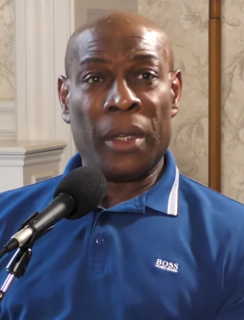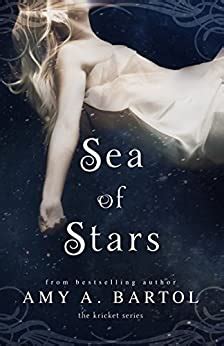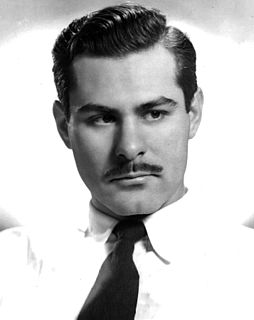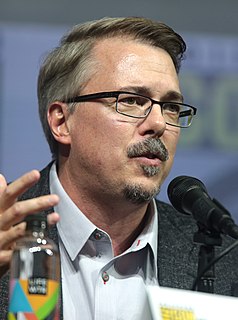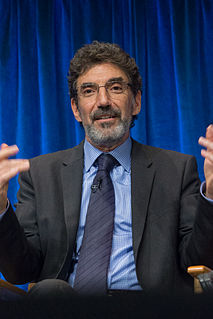A Quote by Frank Bruno
For example, I like using strong Greek and Roman Renaissance characters as part of my series.
Quote Topics
Related Quotes
The gothic is singular in this; one seems easily at home in the renaissance; one is not too strange in the Byzantine; as for the Roman, it is ourselves; and we could walk blindfolded through every chink and cranny of the Greek mind; all these styles seem modern when we come close to them; but the gothic gets away.
To later Romans Ennius was the personification of the spirit of early Rome; by them he was called "The Father of Roman Poetry." We must remember how truly Greek he was in his point of view. He set the example for later Latin poetry by writing the first epic of Rome in Greek hexameter verses instead of in the old Saturnian verse. He made popular the doctrines of Euhemerus, and he was in general a champion of free thought and rationalism.
Had there been no Renaissance and no Italian influence to bring in the stories of other lands English history would, it may be, have become as important to the English imagination as the Greek Myths to the Greek imagination; and many plays by many poets would have woven it into a single story whose contours, vast as those of Greek myth, would have made living men and women seem like swallows building their nests under the architrave of some Temple of the Giants.
The Globe is a missing monument. There's no existing example of a theater from Shakespeare's time. You have Roman theaters, Greek theaters, all kinds of theaters, but none in which the plays of Shakespeare, Ben Jonson and Marlowe were performed. Scholars feel that it would be of immense value to have one.
TV is designed to keep characters in place for years on end. The best example is 'M*A*S*H:' You have a three-year police action in Korea, and they stretched that out to eleven seasons. It was a great show, but when you think about it, a weird unreality overtakes a television series. You see the actors age, and yet the characters don't.
It's not about superheroes. This is the method of universal storytelling that all people have... To me, they're the same as the Greek myths or the Roman myths or religious figures of every religion. These are common characters that we use to express stories about being a better person or what you would do when faced with various things.
I think part of the pressure put on 'strong female characters' comes from the fact that there is so often 'the team girl,' who must be all things to all people. Part of avoiding that is having as many female characters as I can, and allowing them to thrive in their own right, not inside a framework they didn't ask for and don't want.
We know that for the last 300 or 400 years, the size of human bodies is growing. Now what happened is that we suddenly, in history, have the backward process. We have these great Greek athletes, we have ultra-powerful Roman soldiers. You look at the size of the Roman soldier who has to carry all this ammunition. You're talking about 300,000 Arnold Schwartzeneggers.
